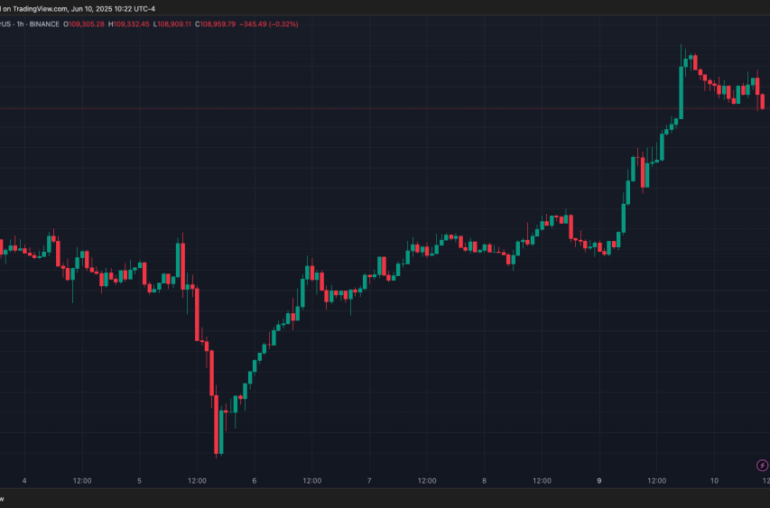
The European Union’s Response to the Global Tokenization Movement
As the world of finance continues to evolve, the European Securities and Markets Authority (ESMA) has highlighted the critical need for the European Union (EU) to keep pace with the burgeoning trend of tokenization. This shift represents a transformative moment in how assets are managed and traded globally, and the EU is taking note.
Understanding Tokenization
Tokenization refers to the process of converting rights to an asset into a digital token on a blockchain. This technology has gained traction due to its ability to enhance liquidity, increase transparency, and reduce transaction costs. From real estate to art, almost any asset can be tokenized, which creates new opportunities for investment and ownership.
ESMA’s Perspective
In its recent statements, ESMA emphasized that tokenization is not just a passing trend but a fundamental shift in the financial landscape. The authority acknowledges that the EU must adopt a proactive approach to harness the potential benefits of tokenization while mitigating associated risks. As global competitors advance in this space, the EU risks falling behind if it does not act swiftly.
Challenges Ahead
Despite the exciting prospects tokenization brings, there are significant challenges that need addressing. Regulatory frameworks must evolve to provide clarity and security to investors and businesses alike. The EU faces the task of balancing innovation with consumer protection, which is essential in fostering a safe and stable financial environment.
The Need for a Unified Regulatory Approach
One of the key recommendations from ESMA is the importance of a unified regulatory framework across EU member states. Currently, regulatory practices vary significantly, which can create confusion and barriers to innovation. A cohesive approach would not only streamline processes for businesses looking to tokenize assets but also enhance the EU’s appeal as a global hub for financial technology.
Looking Forward
As the EU navigates the complexities of tokenization, it is crucial for stakeholders, including regulators, industry leaders, and investors, to collaborate. By fostering an environment that supports innovation while ensuring robust regulatory measures, the EU can position itself at the forefront of the global tokenization movement.
In conclusion, the call from ESMA serves as a timely reminder that the EU must adapt to the rapidly changing landscape of finance. Embracing tokenization could lead to significant advancements in efficiency and accessibility, ultimately benefiting the broader economy.



